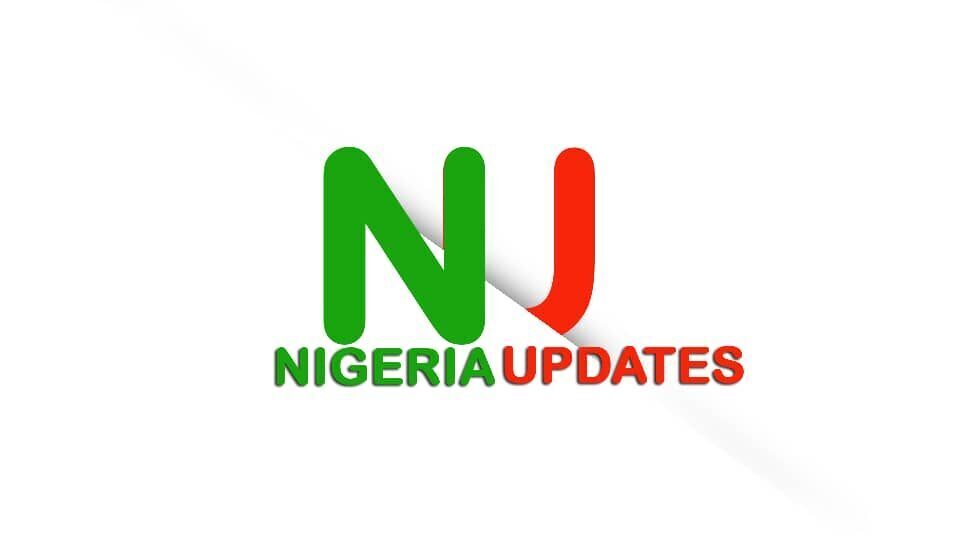…..Faith Leaders Must Go Beyond Prosperity Preaching.
The Correspondents’ Chapel of the Nigeria Union of Journalists (NUJ), Lagos State Council has called for urgent collective action to protect children from abuse, urging religious leaders, lawmakers, and communities to break the silence around child exploitation.
The appeal was made at the Chapel’s special symposium on child abuse, themed “Breaking the Silence: Strengthening Child Protection in Nigeria”, held as part of its 2025 Press Week in Lagos.
Delivering the keynote address on behalf of His Eminence, Primate Elijah Ayodele Babatunde, Founder of INRI Evangelical Spiritual Church, Prof. Rosemary Isibor urged churches and faith-based organisations to shift focus from prosperity preaching to child protection.
“The church must go under the bridges and into communities, not remain confined within its walls. Sermons should not only focus on making money, buying cars, or travelling abroad. Abuse prevention must be part of regular messages in our churches,” she said.
Prof. Isibor also challenged faith leaders to abandon dangerous rhetoric about “killing enemies.”
“Even Jesus was killed by enemies, yet He never preached about killing them,” she added.
She stressed that survivors of abuse must never be silenced:
“We must create safe spaces for children and survivors to speak out. It is wrong to tell victims that reporting abuse will bring shame to their families. Silence only protects the abuser.”
Legal Disconnect Between Law and Reality
Guest speaker, Barr. Osegie Queen Oniwon, Esq., described the state of child rights enforcement in Nigeria as a “legal disconnect.”
She noted that while Nigeria has ratified the UN Convention on the Rights of the Child and domesticated it through the Child Rights Act, enforcement remains patchy and weak.
“Our constitution guarantees life, dignity, and freedom from discrimination, but the problem is weak enforcement agencies — the police, judiciary, and social workers,” Oniwon explained.
She warned that children are still detained in adult prisons due to poor juvenile justice systems, while poverty and cultural practices continue to drive child labour and underage marriage.
“Poverty forces many into child labour and street begging disguised as religious practice. Gender discrimination against girls and abuse in religious settings continue unchecked,” she said.
Her recommendations included:
Strengthening enforcement of existing child protection laws.
Expanding social safety nets and scholarship programmes.
Making education free from primary to tertiary levels.
Restoring community-based child support systems.
Creating platforms for children to participate in governance through assemblies and parliaments.
“Nothing is a secret. Children must speak up about abuse, and society must collectively demand implementation of existing laws,” she concluded.

Root Causes: Silence, Stigma, and Harmful Traditions
The panel discussion, moderated by Fanayajo Ranti, highlighted the deep cultural and systemic roots of child abuse in Nigeria.
Panelists including Comrade Abraham Akpan, Prof. Rosemary Isibor, Comrade Rabiu Idris, Comrade Osiris Chinonye, Mrs. Victoria Fawi, and Barr. Osegie Queen Oniwon identified physical violence, sexual exploitation, child labour, early marriage, and neglect as the most common forms of abuse.
They pointed to generational cycles of violence, gender stereotypes, and distorted religious teachings as enablers of abuse.
“Child abuse has always existed in Nigeria, but today it is more visible because people now have phones, cameras, and social media to expose it,” one panelist observed.
The panel warned that fear of stigma, threats, and intimidation often prevent victims from reporting abuse. In many cases, harmful practices are normalised as “discipline” or “tradition.”
Collective Call to Action
Closing the event, Comrade Abraham Akpabio, Chairman of the NUJ Correspondents’ Chapel, urged Nigerians to confront the reality of abuse with courage.
“We must amplify this campaign for a Nigeria where every child is safe, heard, and protected. It is our duty as journalists, leaders, and citizens to confront these realities and work together for change,” Akpabio said.
The symposium, which drew participants from the media, civil society, religious organisations, and the legal sector, was put together by Amb. Oluwapelumi Oluwayomi of Societal Concerns, while Titilayo Ilebani delivered the vote of thanks.


 Foreign6 days ago
Foreign6 days ago
 Food6 days ago
Food6 days ago
 Politics7 days ago
Politics7 days ago
 Maritime6 days ago
Maritime6 days ago
 Aviation3 days ago
Aviation3 days ago
 Entertainment4 days ago
Entertainment4 days ago
 Nigeria News2 days ago
Nigeria News2 days ago
 Culture3 days ago
Culture3 days ago














